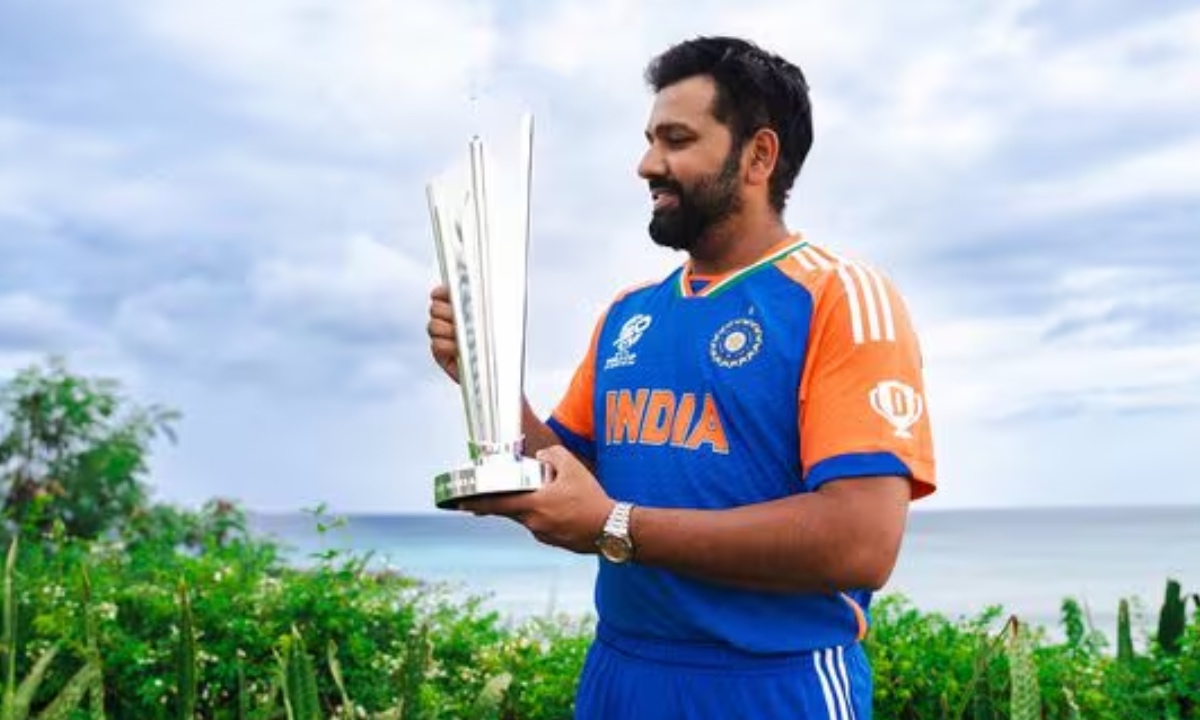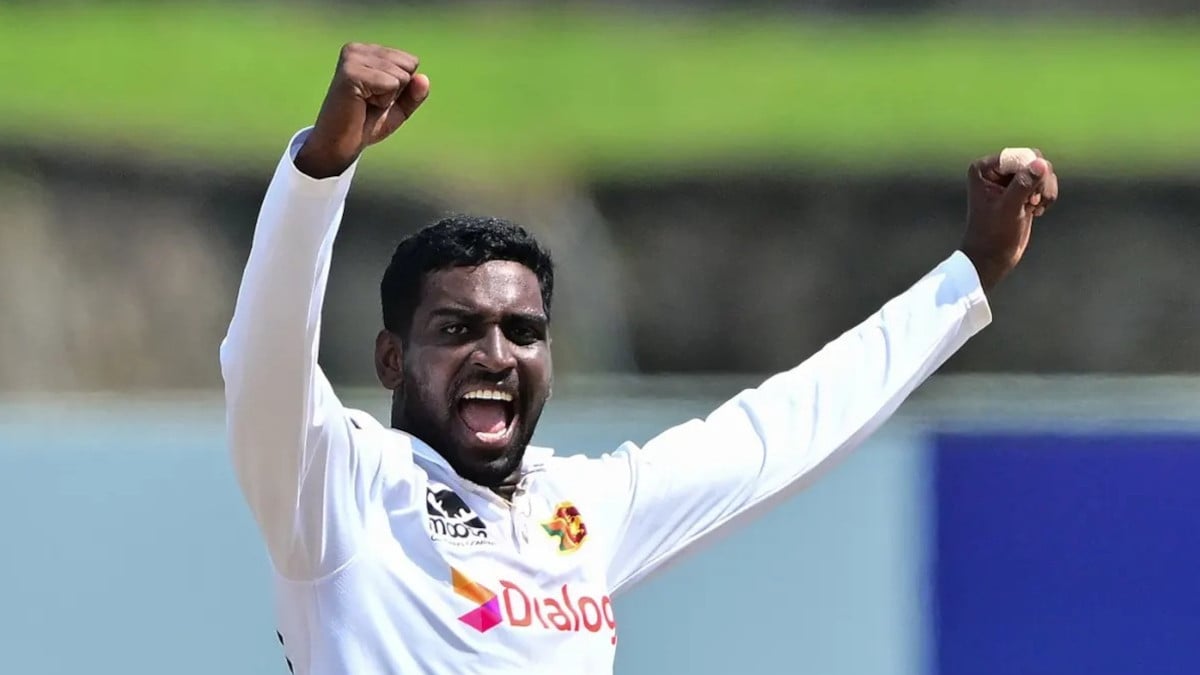"I Could Still Play All Three Formats Easily"

Rohit Sharma, the Indian cricket team’s captain, recently announced his retirement from T20 Internationals (T20Is) following India’s triumphant win at the 2024 T20 World Cup. This decision, while surprising to many, was rooted deeply in Sharma’s personal assessment of his career trajectory and the future of Indian cricket. Sharma, who has been a pivotal figure in India’s cricketing landscape, scoring 4231 runs in 159 matches at an average of 32.59, chose to step back from the shortest format of the game, leaving fans and analysts pondering over his reasons.In a revealing conversation, Rohit Sharma elucidated his decision, stating, “The only reason I retired from T20Is is because I have had my time, I enjoyed playing the format, I played for 17 years, I did well and all of that. Then, you won the (2024) World Cup. This was the best time for me to decide that ‘okay, this is now time for me to move on and look after the other things’. There are a lot of good players who can do well for India.” His words reflect not just a personal milestone but also a strategic move to make way for the next generation of cricketers.Sharma’s retirement was not driven by physical limitations or a decline in performance. Instead, it was a calculated choice based on his belief in the right timing for his exit. “It (decision to quit T20Is) was not because I felt anything. I just felt this was the right time. I could still play all three formats easily. That’s why I say fitness is in your mind, how you train your mind,” he added, emphasizing the mental aspect of fitness over the physical. This insight into Sharma’s perspective on fitness challenges the conventional view that retirement from sports is predominantly due to physical wear and tear.The mental fortitude Sharma speaks of is not just about enduring the rigors of international cricket but also about maintaining peak performance through mental control. “I believe everything is in the mind. I am a person who has got a lot of self-belief because I know that I can control my mind when I have to. Sometimes it’s not easy. I know most of the time I can do that. If you tell your body that you are young, you can do this, you can do that, (then) of course you can,” he concluded. This philosophy underscores Sharma’s approach to his career, where mental resilience plays a crucial role alongside physical prowess.Rohit Sharma’s decision to retire from T20Is, while closing a chapter of his illustrious career, opens up discussions on career longevity, the balance between different cricket formats, and the psychological aspects of sports. His legacy in T20 cricket, marked by significant achievements and leadership, will continue to inspire, even as he focuses on Test and ODI cricket. Sharma’s retirement is not just an end but a new beginning, both for him and for the aspiring cricketers waiting in the wings to fill his formidable shoes.










